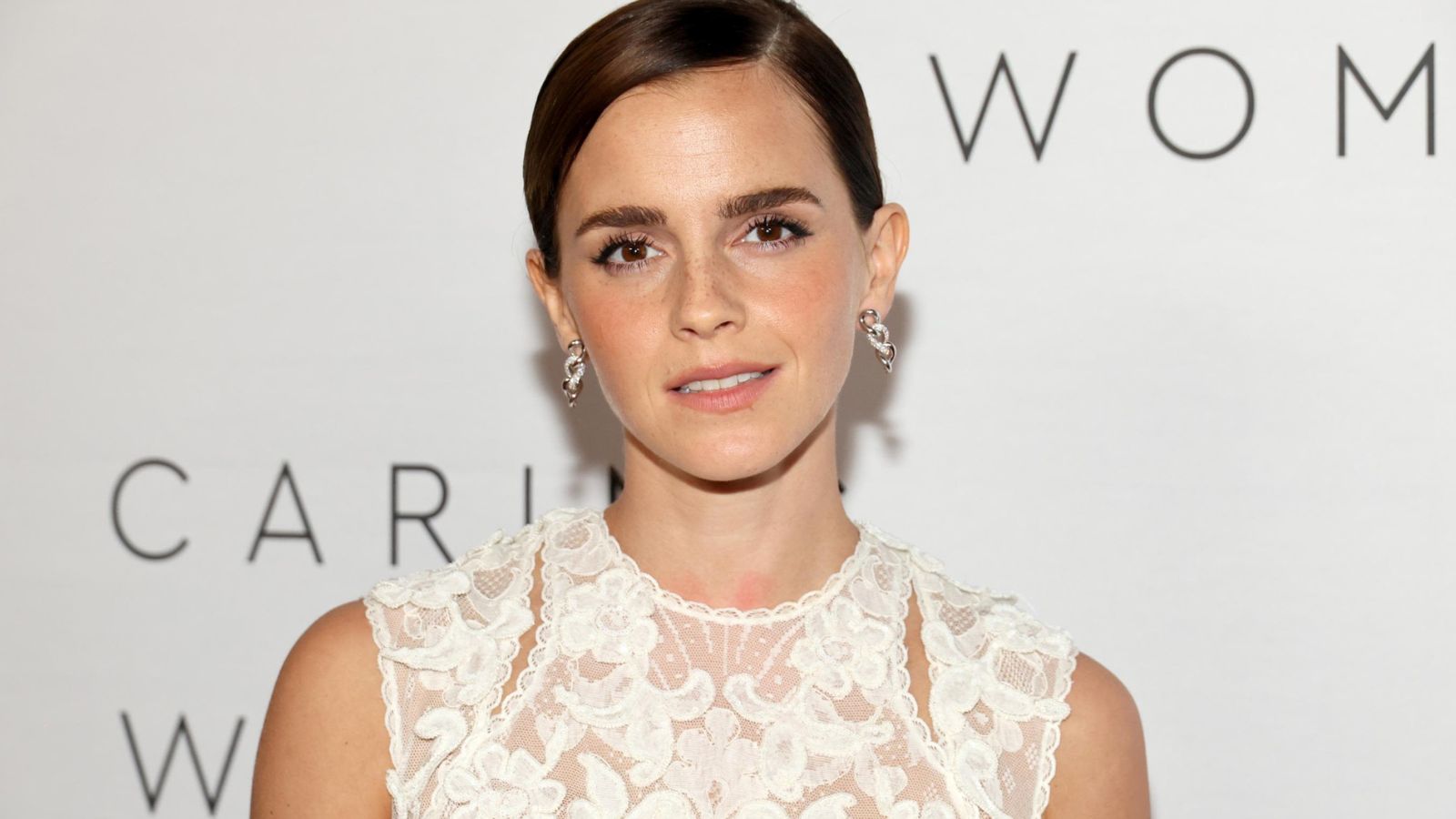Beyond the glitz and glamour of Hollywood, some stars shine in ways that transcend their on-screen personas. Emma Watson, known worldwide for her role as Hermione Granger in the Harry Potter series, is one such star. But she’s not just a talented actress; Watson has become a beacon of activism, using her fame as a platform to advocate for gender equality.
Through speeches at the United Nations, her role in launching the HeForShe campaign, and her consistent efforts to promote educational opportunities for girls, Watson has carved out a unique niche in the world of celebrity activism. This article delves into the inspiring journey of Emma Watson, the activist. Prepare to be moved by her passion, her dedication, and her vision for a more equitable world.
Emma Watson Activism
Behind the fame and celebrity status attached to Emma Watson, lies a story of an astute activist championing for fundamental human rights causes.
Her Early Life and Rise to Fame
Emma Watson’s existence sprung roots in Paris, born on April 15, 1990, to British lawyers Jacqueline Luesby and Chris Watson. Shifting from France to England at the age of five after her parents divorced marked the beginning of her unconventional journey.
She rose to global prominence at the tender age of 11 with her acclaimed role as Hermione Granger in the ridiculously successful Harry Potter movie series. A dedicated student, Watson also showcased exemplary academic prowess, managing Hollywood’s limelight and formal education simultaneously. Notably, she earned her bachelor’s degree in English Literature from Brown University in 2014.
Her subsequent roles in critically appreciated cinematic works, like ‘The Perks of Being a Wallflower’ and ‘Beauty and the Beast’, further entrenched her as a versatile performer. Yet, her acting career merely forms one facet of her wide-ranging influence and impact.
 The HeForShe Campaign
The HeForShe Campaign
What Is HeForShe?
HeForShe stands as a United Nations-based solidarity function geared toward framing gender issues as not specifically a women’s struggle, but a global struggle for human rights. Launched in September 2014, it casts a wide net, inviting individuals and institutions across the world to bear forth a commitment to dismantling discrimination and promoting equality.
Emma Watson’s Role and Speeches
Emma Watson, acknowledged as a UN Women Goodwill Ambassador, deputises as the face of this transformative campaign. From this influential platform, Watson’s pivotal role, galvanised by her impassioned speeches, legitimises and amplifies the core message of HeForShe. In her iconic address at the UN Headquarters in 2014, Emma channelled compelling narratives, cited personal experiences, and leveraged her global influence to invite all genders to partake actively in the stand against gender inequality. In her subsequent speeches, Watson consistently reiterated the call for shared responsibility and proactive involvement, demonstrating a credible commitment to the campaign’s mission.
 Feminism and Gender Equality
Feminism and Gender Equality
Emma Watson’s commitment to feminism and gender equality extends beyond the realms of HeForShe. She uses her influence to address key issues affecting women and girls around the world, particularly in education and the film industry.
Promoting Education for Girls
Leading the charge in advocating girls’ education, Emma Watson stands firm in her belief that equal opportunity is paramount. By signalling UNESCO appointing her as a Goodwill Ambassador in 2014, Watson unleashed her passion on a global stage, paying specific attention to girls’ education rights. Globally, an estimated 132 million girls are out of school, a statistic Watson has reiterated in numerous interviews and forums.
Fighting for Women’s Rights in the Film Industry
Gender bias pervades many industries, the film industry being no exception. Emma Watson is among the few bold industry leaders openly voicing their concern on this issue. Labelling the lack of diversity and representation in the film industry as alarming, Watson shed light on the 2016 study findings by the Center for the Study of Women in Television and Film. The study unveiled that women comprised only 7% of all directors on the top 250 films.